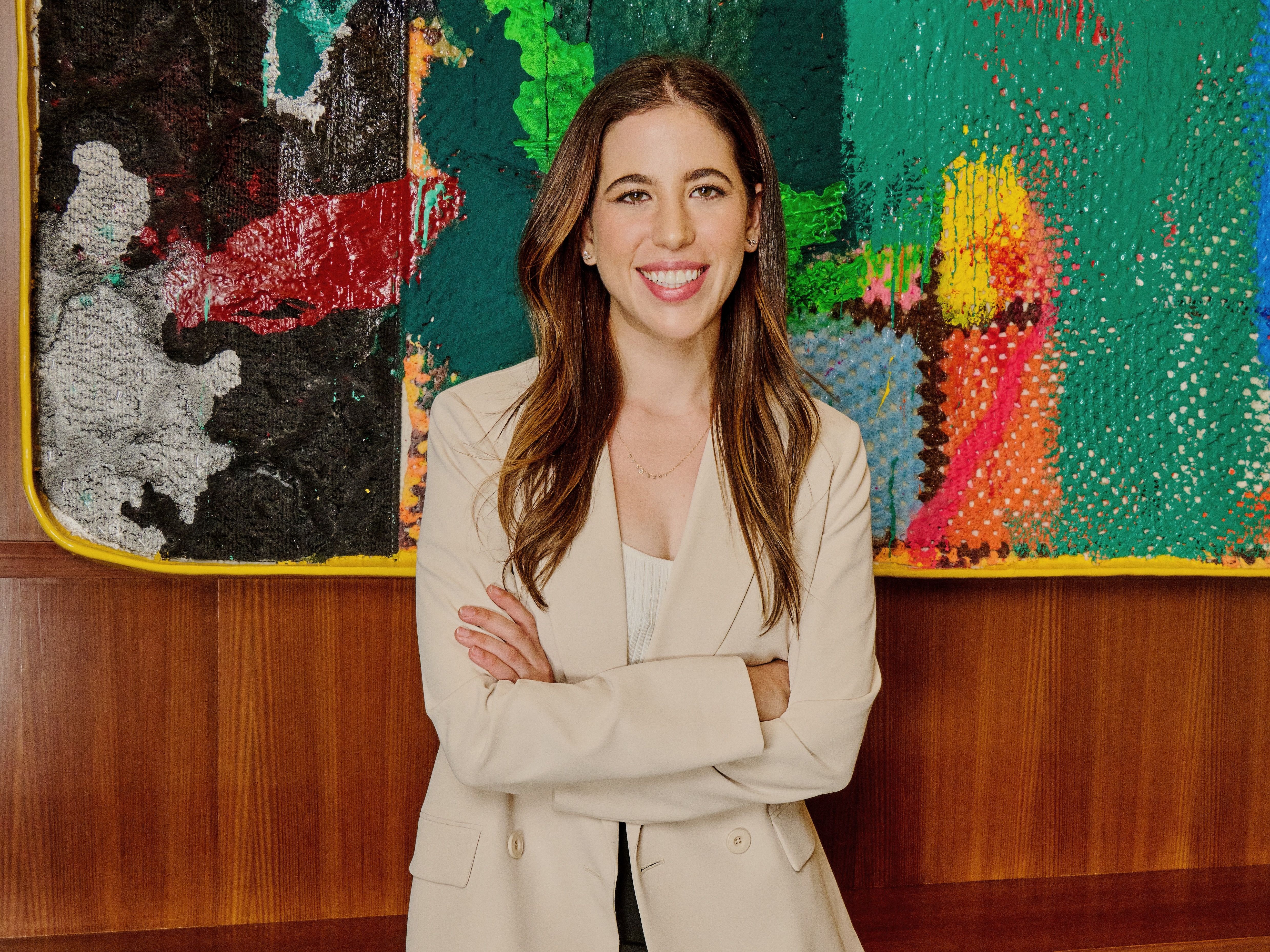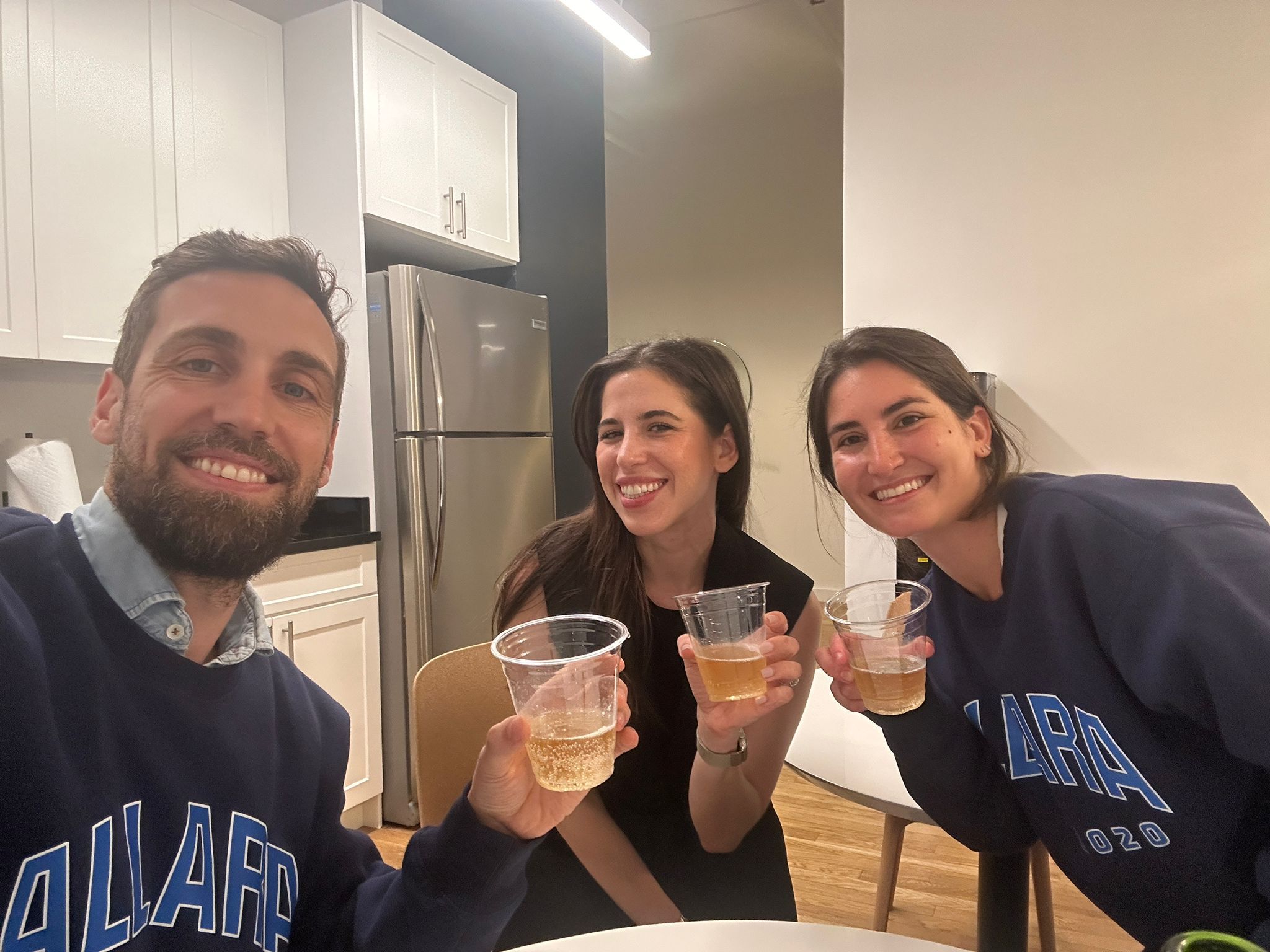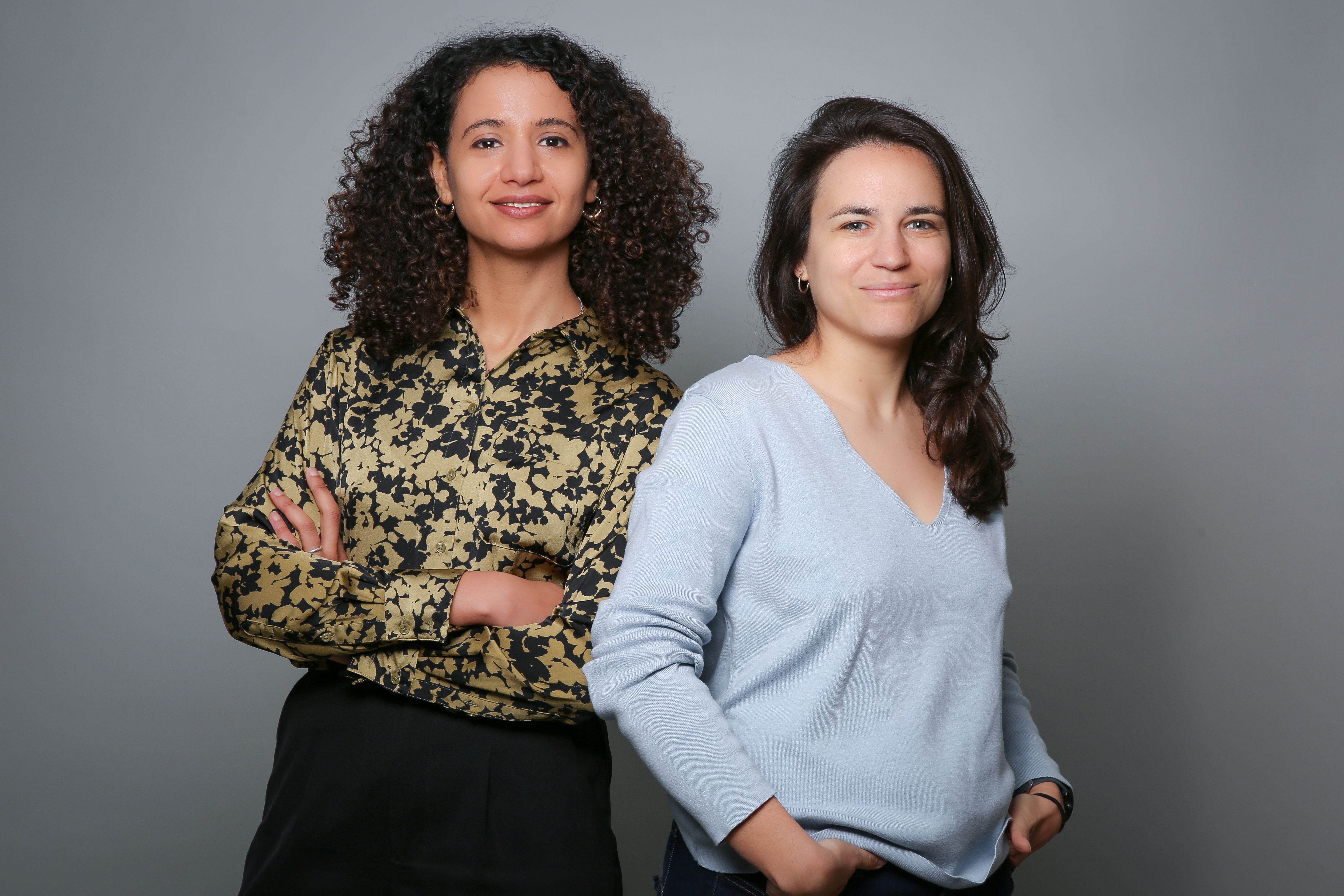How Allara is bridging the gap in women’s hormonal healthcare

Since the dawn of modern medicine, women’s health has been largely reduced to two categories: fertility and pregnancy. But beyond this narrow focus are over 50 million women in the U.S. alone who battle chronic hormonal conditions like polycystic ovary syndrome (PCOS), endometriosis, and hyperthyroidism, all of which can cause health challenges like infertility, high-risk pregnancies, obesity, and diabetes. While these lifelong conditions affect 1 in 3 women, they remain badly overlooked in the traditional siloed healthcare system of brick-and-mortar OBGYNs, dietitians, and reproductive endocrinologists.
Today, more than two-thirds of PCOS cases go undiagnosed, while diagnosing endometriosis takes an average of 10 years. Worse, nearly 30% of women report feeling dismissed by their doctors, leaving them to manage symptoms and long-term side effects on their own. The fragmented nature of our care system only intensifies these challenges, forcing patients to advocate for themselves and navigate a maze of specialists who rarely coordinate care. The result is a glaring healthcare gap that leaves women across the U.S. without the resources and support they need to manage conditions that impact their quality of life every day.
Ten years ago, Allara Health founder Rachel Blank was one of these women. After years of unexplained stomach issues and inconclusive tests, a chance ultrasound finally revealed she had PCOS. That diagnosis, however, was just the start of a frustrating journey through a disjointed system that offered little support. Rachel’s story is even more striking considering her father is a gynecologist who runs the largest OBGYN clinic in Washington, D.C. If someone with Rachel’s access and resources faced these challenges, what does that say about the tens of millions of women with similar conditions, but without the same advantages?
Rachel channeled her experience into Allara, a virtual care platform that takes a whole-body approach to women’s hormonal health. Connecting patients with a multidisciplinary team of OBGYNs, endocrinologists, nurse practitioners, and other specialists, Allara offers evidence-based care plans that combine medical expertise, lifestyle management, and community support. Tailored to each patient’s individual needs, Allara’s treatment programs have helped thousands of women across all 50 states take control of their health, with over 75% reporting feeling more empowered and hopeful about their outcomes within a few weeks.
The scale of the problem Allara solves presents extraordinary opportunities for growth. Unlike one-off treatments like IVF or short-term wellness programs, the chronic conditions Allara’s platform addresses require ongoing, lifelong care. The result is a durable market with uniquely high patient LTV. And Allara’s ambition goes far beyond this: by bringing together patients’ medical histories, treatment plans, and progress across multiple specialties, they’re building something even bigger—a system of record for hormonal health. This kind of integrated approach breaks down the silos that for generations have held back women’s healthcare, opening the door for continuous care, innovation, and growth.
And their timing couldn’t be better. While the traditional care system has been broken for years, the pandemic accelerated a shift in consumer behavior, with shoppers increasingly turning to digital platforms not just for consumer goods but also personalized health solutions. At the same time, Allara’s platform addresses critical provider shortages—nearly 70% of U.S. counties lack a practicing endocrinologist—by letting doctors treat more patients virtually. Advances in telehealth infrastructure and ongoing regulatory changes make virtual care both viable and scalable, allowing doctors to practice across state lines while benefiting from competitive reimbursement rates. And for insurance partners like Aetna, Blue Cross Blue Shield, Cigna, Humana, and United Healthcare, the platform’s preventive approach lowers costs, fosters proactive patient engagement, and drives healthier long-term outcomes.
At the center of Allara’s work and mission is, of course, Rachel. From the moment we met her, it was clear she was put on earth to fill this void in women’s hormonal healthcare. She deeply understands the patient journey and brings a unique combination of passion, intensity, and domain expertise. After graduating from Harvard Business School, she led strategy at telehealth startup Ro, where she launched and scaled their women’s health brand, Rory. At Allara, she’s surrounded by a highly skilled team that includes new Chief Medical Officer Dr. Heather Huddleston, director of the UCSF PCOS Clinic and research program. After growing by 4x in 2024, this Series B will help Allara expand in new areas, solidify their market positioning, and bring specialized care to women nationwide struggling with hormonal conditions.

Toasting to the journey ahead in our Allara swag!
For too long, women’s health has been narrowly defined and underserved, leaving tens of millions of women across the U.S. without the support they need. As the healthcare market makes the jump from offline to online—similar to what we saw with consumer internet 20 years ago—there’s a significant opportunity to provide better access to hormonal healthcare for patients and better quality of life for providers. We couldn’t be more excited to support Allara on their journey and to welcome Rachel and her team into the Index family.
Published — Jan. 23, 2025
-

-
